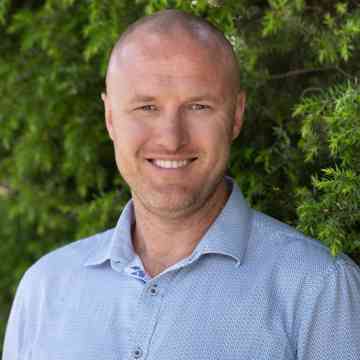The discovery that your partner is having an affair can be a painful and emotional life experience.
The pain is often increased if your partner had the affair with someone with whom you were close, or who is known to you. Upon this discovery, you may be forced to make difficult and highly emotional decisions.
You will also be dealing with your own complex range of feelings, whilst processing the implications of the affair upon the future of your relationship. Every individual experiences and manages this process differently, and there are certainly no specific rules for dealing with this situation.
When an affair has occurred within your relationship, consider both your own personal recovery and the possible recovery of your relationship.
For your personal recovery, it may be helpful to:
- Talk. It is important that you find supportive people with whom you can share your feelings and thoughts. It is important that this takes priority over your partner’s shame about their secret being revealed. Share your feelings and thoughts about your partner’s behaviour, how you will get through the next days and weeks and any plans you are thinking of making for the future.
- Request honesty from your partner. You have been lied to and betrayed, and you deserve to know the truth. If you wish to seek details about the affair then it is your right to do so.
- Be gentle with yourself. Give yourself plenty of time to heal. There is no way to short cut the process of experiencing your feelings.
- Seek insight. Try to find out more about the complex reasons why infidelity may occur within a relationship. You may develop an understanding of any difficulties your partner may have been experiencing within your relationship. Despite this, keep in mind that your partner made a choice to have an affair, and that you are in no way to blame.
If you wish to continue your relationship, it may be helpful to consider the following:
- It is crucial that you and your partner can communicate clearly and calmly. Share your feelings about your partner’s behaviour with your partner. You need to discover together how you can both clearly talk about strong feelings without becoming hurtful or abusive.
- It will be helpful if your partner answers all of your questions regarding the affair. This may included discussing the way they met their lover, how they went about deceiving you, and whether measures were taken to protect against sexually transmitted infections. In fact, any questions that you may have warrant a response.
- In order for you both to move forward, it may be necessary for your partner to sever all contact with person with whom they had the affair.
- Together, try to develop an understanding of the way that the affair happened, and take practical steps to avoid infidelity ever happening again. This may involve making practical lifestyle changes or considering the aspects of your relationship that need strengthening.
- Understandably, you may have suspicions of your partner in the future, or a wavering trust of your partner. It is helpful if this is something for which you and your partner are both prepared and that your partner can deal with this productively.
- It will be helpful if you and your partner can recognise and accept that it will take considerable time for trust to develop again within your relationship.
Recovery from an affair is possible, but it will take time, honest communication, and a strong commitment to repairing the relationship from both partners. Professional help – such as counselling – may assist you both in your efforts to understand why the infidelity occurred, and preventing infidelity from happening again in the future.

Marcus Andrews
Marcus Andrews is the founder and director of Life Supports, which was established in 2002. He has extensive professional experience working as a counsellor and family therapist across a broad range of issues. The core component of his role at Life Supports involves the supervision of other counsellors, including secondary consultations. Marcus has worked in many sectors, including private, government, non-profit, health, forensic and community practice.
Recommended Reading
Get help now
Appointments currently available
Open 8am to 8pm weekdays and 9am to 5:30pm weekends